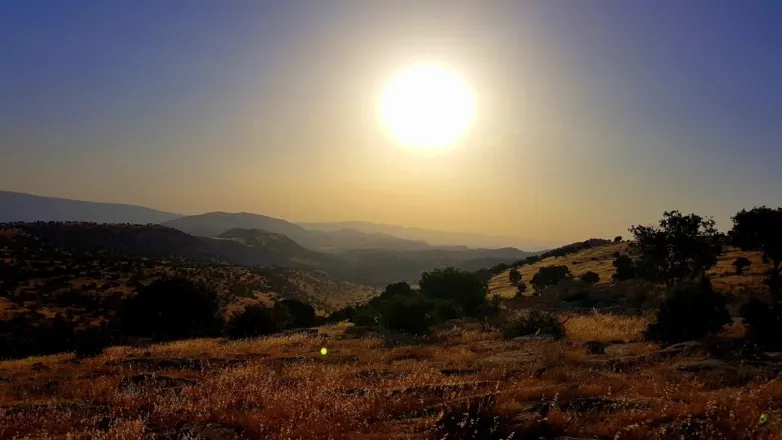Iraqi Kurdistan resorts to solar to minimize power lacks
- A 2MW pilot job is now being established in the Governorate of Duhok. The job was moneyed with $2 million by the European Union.

The United Nations Advancement Program (UNDP) has signed a letter of agreement with the Governorate of Duhok, in Iraqi Kurdistan, to develop a 2 MW pilot solar plant.
The job, which is being established under the Duhok Sustainable Energy Action Strategy (SEAP), becomes part of the governatorate’& rsquo; s prepare to deploy around 40 MW of renewable resource power generation capability by 2030.
According to the UNDP, the Duhok region is currently being power by around 1,000 generators relying on nonrenewable fuel sources and is experiencing chronic electrical energy lacks. “& ldquo; Developing a solar park will promote the economy through economic sector financial investments, produce more tasks in green economy, and above all lower contamination,” & rdquo; said UNDP agent in Iraq, Zena Ali-Ahmad.
The European Union has actually consented to finance the project with $2 million, the UNDP defined.
The semi-autonomous Kurdistan Area of Iraq (KRI) is one of the nation’& rsquo; s more susceptible areas in regards to energy security, although numerous gas and oil fields are present in the location.
Iraq started taking its primary steps into solar power in January 2019, when the United Nations Advancement Program (UNDP) began a look for specialists to assist prepare a national PV policy. Later on in May, Iraq’& rsquo; s Ministry of Electricity started procurement of 7 PV power jobs with a combined capability of 755 MW.
According to the most recent data from the International Renewable Resource Company, the nation had just 37 MW of set up solar power at the end of 2018.
Also read

